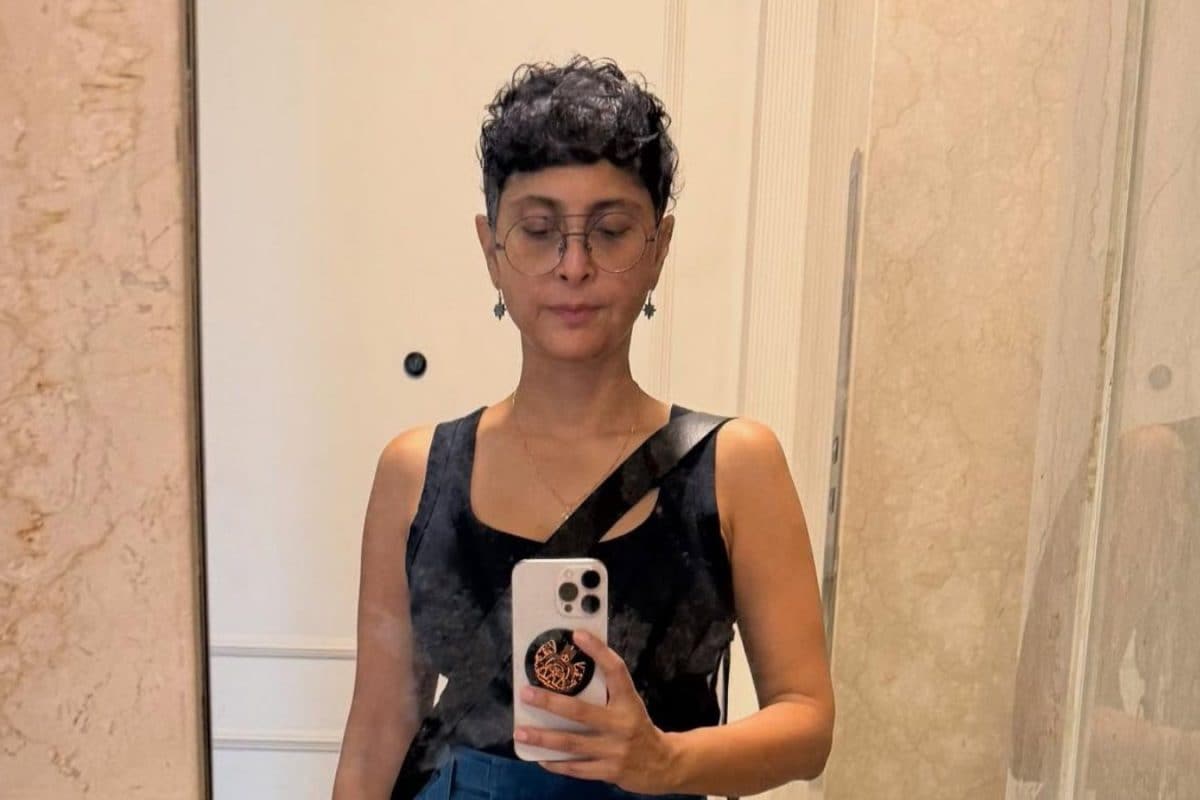

Kiran Rao, the acclaimed filmmaker, recently shared a lighthearted moment of self-awareness, admitting that she finds the mirrors in her building's elevators to be more flattering than her own reflection at home. This candid statement has resonated with many, sparking conversations about body image, self-perception, and the often-unrealistic standards of beauty perpetuated by society and media.
Rao's remark, though seemingly casual, touches upon a universal experience. Many individuals can relate to the feeling of seeing a more "perfected" version of themselves in certain mirrors, often those found in public spaces like elevators, gyms, or clothing stores. This phenomenon is often attributed to factors like lighting, angles, and even subtle distortions in the glass that can create a more flattering image.
The comment also subtly critiques the pressures of maintaining a flawless appearance. In an age dominated by social media and carefully curated online personas, it's easy to fall into the trap of comparing ourselves to idealized versions of reality. Rao's willingness to acknowledge that even she, a successful and accomplished individual, is not immune to these feelings is refreshing and relatable. It serves as a reminder that striving for an unattainable ideal can be detrimental to one's self-esteem and overall well-being.
Furthermore, Rao's statement can be seen as a gentle nudge towards self-acceptance. Rather than feeling ashamed or insecure about not measuring up to the "elevator mirror" version of herself, she embraces the discrepancy with humor and honesty. This approach encourages others to adopt a more compassionate view of their own perceived flaws and imperfections. It suggests that true confidence comes not from chasing an illusion of perfection, but from accepting and celebrating oneself, quirks and all.
The emphasis on "better mirrors" also subtly points to the artificiality of many beauty standards. Elevators are designed for functionality, not necessarily for providing the most accurate representation of one's appearance. The fact that these mirrors are perceived as "better" highlights how easily our perceptions can be manipulated by external factors. It encourages a critical examination of the messages we receive about beauty and a rejection of the notion that our worth is tied to our physical appearance.
In a world saturated with images of flawless celebrities and influencers, Kiran Rao's candid admission is a welcome dose of reality. It reminds us that everyone, regardless of their status or achievements, experiences moments of self-doubt and insecurity. By openly acknowledging her own experience, Rao encourages a more honest and compassionate dialogue about body image and self-acceptance. It serves as a reminder that true beauty lies not in striving for an impossible ideal, but in embracing oneself with all one's imperfections and celebrating the unique qualities that make each individual special.